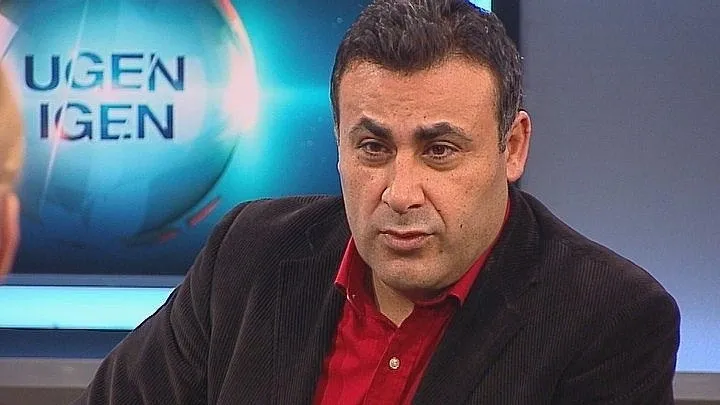
Russian President Vladimir Putin’s bet is that the West cannot unite in a common response to a Russian invasion of Ukraine.
I understand that gamble. Germany is closing its nuclear reactors and increasingly depends on Russian energy imports, and President Emanual Macron is desperate to show leadership and resolve to win the April election in France.
President Putin also tends to forget that Europe is more than Germany and France. As a US Defense Secretary once put it: I think that’s old Europe. The French-German motor may be out of order but it has been jump-started before and will be again. Putin is making a big mistake thinking the West cannot unite in a common response to a Russian invasion of Ukraine.
This week, the European Commission, the EU executive body, proposed a 1.4bn dollars financial aid package to help Ukraine mitigate the effects of the conflict with Russia. Europe is mobilizing. We may speak softly, but we carry a big stick.
In the context of Russia’s continuing military build-up in and near Ukraine, my own country, Denmark, sent four F-16 fighter jets for deployment to Lithuania in support of NATO’s enhanced Air Policing mission in the Baltic States. Lithuania is a NATO member bordering Russia. Denmark’s deployment of the four F-16 fighter jets comes only weeks after Foreign Minister Jeppe Kofod visited Ukraine to mark Denmark’s support for Ukraine. The jets and up to 70 personnel are going to operate out of Siauliai Air Base. The jets will fly sorties, safeguarding the airspace above Estonia, Latvia, and Lithuania.
The Danish F-16s will join Polish and Belgian F-16s in the region. Spain, France, and the Netherlands are also planning or considering sending troops, planes, or ships to Eastern Europe. Russia’s threatening stance against Ukraine led Sweden, an EU member-state, but not a member of NATO, to send troops to its Baltic Sea island of Gotland, following an increase in Russian naval activity in nearby waters. The island is strategically located off the coast of the Russian exclave of Kaliningrad.
The West might have been divided and confused when Russia mobilized its forces on the border with Ukraine. But that division is slowly, but surely diminishing.
